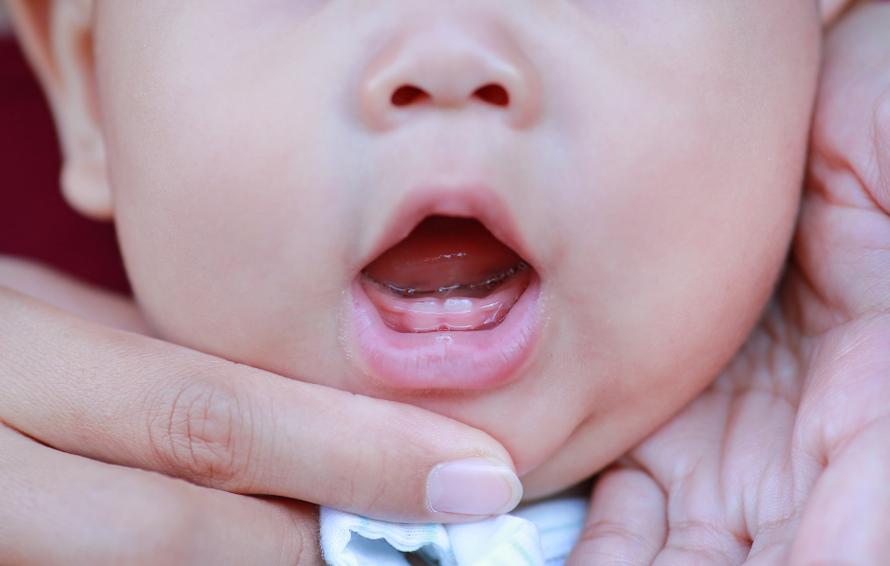Every parent wants to see their child grow up with a healthy smile, but good oral health doesn’t happen by accident. Even with regular brushing and flossing, problems can sneak up. That’s why it’s crucial to know the warning signs that might indicate a dental issue. Catching problems early can save your child from pain, complicated treatments, and lasting damage. Here are six red flags no parent should ignore—straight from the perspective of a children’s dentist.
1. Persistent Bad Breath
Kids can have bad breath after certain foods or in the morning—no big deal. But if your child’s breath smells foul even after brushing and flossing, it’s time to pay attention. Chronic bad breath can potentially indicate bacteria buildup, tooth decay, or even gum disease. A children’s dentist can assess whether it’s just a hygiene hiccup or something more serious.
Tip: Make kids’ oral hygiene a habit early on, with twice-daily brushing and daily flossing. Don’t forget regular dental checkups to catch hidden problems.
2. Bleeding or Swollen Gums
Gums should look pink and healthy, not red, swollen, or prone to bleeding. Suppose your child’s gums bleed when they brush or floss; this can signal gingivitis—the earliest stage of gum disease. Left unchecked, it can advance to more serious issues that threaten your child’s teeth and bone health.
What to do: Schedule a visit to your children’s dentist for a thorough cleaning and evaluation. Improving your child’s oral hygiene routine can often reverse early gum problems.
3. Tooth Sensitivity or Pain
Children may not always tell you when they have dental discomfort, so pay attention to signs like wincing when eating hot, cold, or sweet foods. Tooth sensitivity or unexplained pain often points to cavities, enamel erosion, or even a cracked tooth. Waiting too long to address it can turn a small problem into a big one.
Action step: Any complaint of tooth pain warrants a prompt checkup. Early treatment keeps healthy smiles intact and avoids more invasive procedures.
4. White or Brown Spots on Teeth
You might think spots on teeth are just cosmetic, but they can be early warning signs of decay or enamel defects. White spots can indicate demineralization—the first stage of a cavity—while brown or black spots may point to more advanced decay.
Pro tip: Check your child’s teeth regularly, especially their molars and other hard-to-see areas. Bring any changes to your children’s dentist’s attention right away.
5. Loose Permanent Teeth
It’s normal for baby teeth to loosen and fall out, but once permanent teeth are in place, they should stay firm. A loose adult tooth can signal trauma, infection, or gum disease. This is never something to ignore.
Next steps: Contact your dentist immediately if your child has a loose permanent tooth. The earlier the intervention, the better the chance of saving the tooth.
6. Jaw Pain or Clicking
If your child complains of jaw pain, has difficulty chewing, or you hear clicking sounds when they open or close their mouth, these can be signs of TMJ (temporomandibular joint) issues or bite problems. These issues can impact both oral health and comfort.
Take action: A children’s dentist can check for bite alignment and joint health and may recommend further evaluation or a custom mouthguard if needed.
Why Early Detection Matters
Kids’ mouths are growing and changing all the time, which makes early detection of problems even more important. Regular visits to a children’s dentist help ensure that any red flags are caught and addressed before they escalate. Routine dental checkups, kids dental cleanings, and preventive care are the foundation of lifelong healthy smiles.
Good kids’ oral hygiene at home is the other critical piece. Make sure your child is brushing twice daily with fluoride toothpaste, flossing every day, and eating a balanced diet low in sugary food items, snacks, and drinks. These simple habits, combined with professional care, keep dental issues at bay.
Final Thoughts
Being proactive about your child’s dental health pays off in comfort, confidence, and long-term well-being. If you notice any of these red flags—or even if everything seems fine but it’s been a while since your child’s last checkup—schedule a visit with your children’s dentist. Catching problems early is the best way to protect your child’s healthy smile for years to come.


